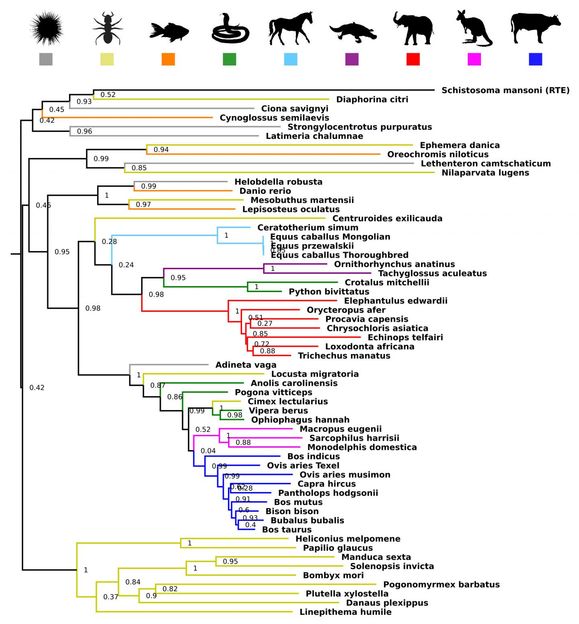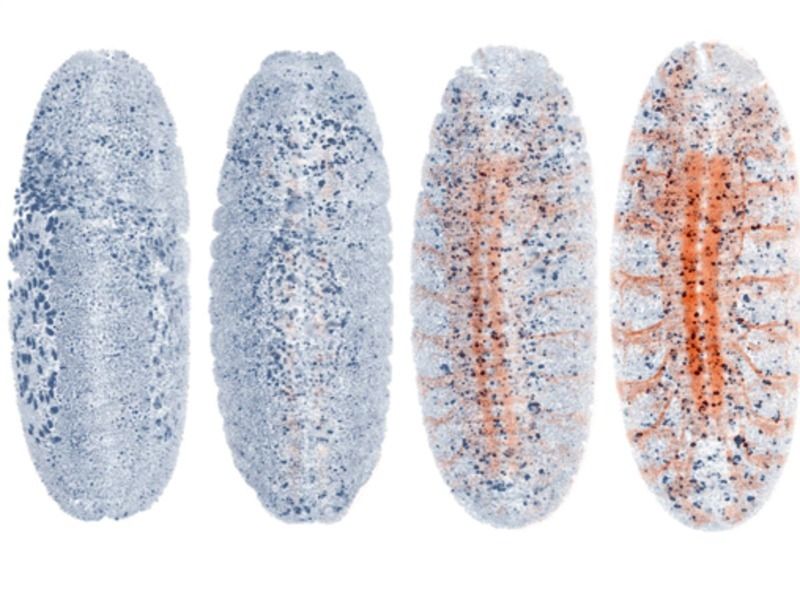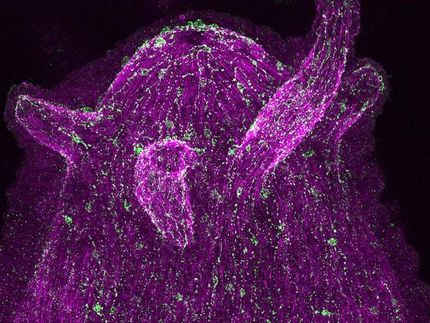Research on digestion wins 2023 Eppendorf & Science Prize
Millions of individuals who suffer from gastrointestinal diseases could be impacted by this work
The American scientist Marissa Scavuzzo, Ph.D., Postdoctoral Fellow at Case Western Reserve University School of Medicine, Cleveland, USA has won the 2023 Eppendorf & Science Prize for Neurobiology for her work on the functional diversity of glial cells in the enteric nervous system of the gut.

Marissa Scavuzzo
“The ability to digest food, absorb nutrients, and process waste is required for life,” says Scavuzzo. “Many of these essential tasks are controlled by an independent nervous system embedded within every layer of the gut, the enteric nervous system.”
Scavuzzo studies this network of nervous system cells inside the gastrointestinal tract, often referred to as “the second brain.” She uses stem cells and tissues to create lab-grown models of the mouse and human intestines. By combining these organs-in-a-dish with animal models, she works to map glial cells’ diversity in the gut. Glial cells, the support cells of the brain, aid in regulating and protecting neurons. However, their role in the gut is not well understood. Scavuzzo aims to understand how enteric glia function in a normal gut and how they react to changes in environment, genetic makeup, or diet. Millions of individuals who suffer from gastrointestinal diseases could be impacted by this work and its potential for creating new and effective therapies.
“Winning this award still feels very surreal,” says Scavuzzo. “I am honored to have been recognized by Eppendorf and Science. I’d like to express my appreciation to my postdoctoral mentor, Dr. Paul Tesar, for his instrumental role in nurturing this research in his lab at Case Western Reserve University School of Medicine. My goal is to gain mechanistic insight into the functional states of enteric glia in health and disease. My thanks go to Eppendorf and Science for enabling me to share this vision with a broad audience.”
“Marissa Scavuzzo wrote a wonderfully engaging essay in which she described how she investigated the function of enteric glial cells in coordinating and fine-tuning gut motility,” explained Dr. Peter Stern, Senior
Editor at the journal Science and Chairman of the Prize Jury. “During this work she discovered a new type of glial cell named ‘enteric glial hub cells’ that play a central role in regulating the level of activity of the enteric nervous system.”
“Eppendorf and the journal Science have awarded this prestigious prize for over 20 years. Many awardees have gone on to become leading scientists in their field,” stated Axel Jahns, Ph.D., Vice President Corporate Citizenship & Governmental Affairs at Eppendorf SE. “Congratulations to Marissa Scavuzzo on her amazing achievement in winning this year’s award.”
Two finalists were also recognized. Michael A. Skinnider, M.D., Ph.D., Assistant Professor at Princeton University, has developed tools to accelerate the mapping of neural circuits. Mattia Aime, Ph.D., Postdoctoral Researcher at the University of Bern, Switzerland, has identified a neuronal mechanism that triages positive from negative emotions during REM sleep.
Most read news
Other news from the department science

Get the life science industry in your inbox
By submitting this form you agree that LUMITOS AG will send you the newsletter(s) selected above by email. Your data will not be passed on to third parties. Your data will be stored and processed in accordance with our data protection regulations. LUMITOS may contact you by email for the purpose of advertising or market and opinion surveys. You can revoke your consent at any time without giving reasons to LUMITOS AG, Ernst-Augustin-Str. 2, 12489 Berlin, Germany or by e-mail at revoke@lumitos.com with effect for the future. In addition, each email contains a link to unsubscribe from the corresponding newsletter.
Most read news
More news from our other portals
Last viewed contents
Pinolenic_acid
Allopregnanolone
Joseph_von_Gerlach

Cross species transfer of genes has driven evolution
Histology

The self-driving microscope - Researchers develop a combination of software and hardware for adaptive live imaging of large living organisms
Otis_R._Bowen
Research_of_Down_syndrome-related_genes
Royan_Institute
Freeman-Sheldon_syndrome
Visual_cortex























































